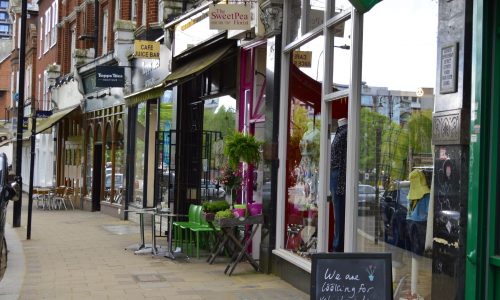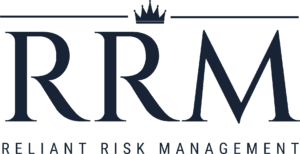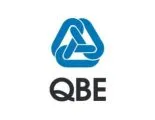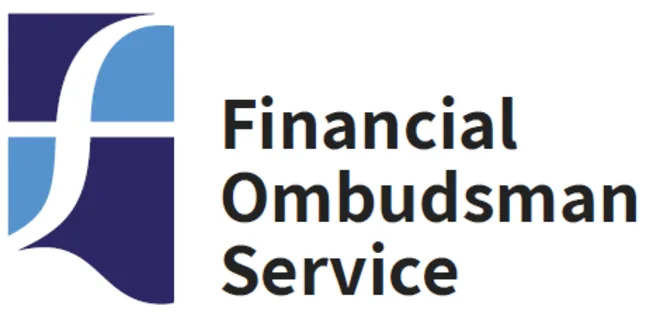WHAT IS SHOP INSURANCE AND WHAT DOES IT COVER?
Shop insurance commonly known as business insurance, liability insurance or even commercial insurance helps to protect against a wide range of risks and unforeseen events. These risks might arise from customers who have potentially suffered harm or loss as a direct result of your products, or from your employees who have suffered injury/illness whilst at work. Given these complexities, it’s absolutely vital to cover your business with the correct shop insurance cover. This is relevant to an extensive range of retail establishments, including florist shops, greengrocer’s shops, barber shops, furniture retailing shops, cafes, and many more. The following are key types of cover you should consider when arranging insurance for your shop:

- Employers’ liability insurance: this is crucial for all businesses with employees. It provides a safety net in the event of your employees sustaining injuries or falling ill because of their work-related duties.
- Public liability insurance: with the frequent influx of customers in your shop, it is crucial to protect against claims/losses from customers who incur damages in your shop.
- Business interruption insurance: this covers unexpected incidents such as a fire or flood that may temporarily force you to cease trading. Although building and contents insurance covers your infrastructure and valuables, business interruption helps protect against loss of revenue whilst you restore your business to its original position.
- Building insurance: if you own the premises, this insurance is vital. It covers the cost of repairs for structural damages, potentially extending to complete reconstruction if required.
- Contents insurance: this insurance offers protection for various business equipment within your shop, including shelving units, furnishings, computing devices, cash registers,etc.
- Stock insurance: to ensure the ongoing operation of your business, stock insurance offers essential cover against theft or damage to your goods.
Additionally, consider whether you need to plan for a seasonal increase in your stock, especially during holiday periods such as Christmas. Consider insurance for frozen stock and high-risk products such as alcohol and tobacco. Certain businesses, such as furniture shops may need to examine their cover for valuable items. Always remember, that stock is usually insured at its trade price.
DOES YOUR BUSINESS REQUIRE SHOP INSURANCE?
It’s vital to secure adequate insurance for your shop to protect against potential harm that could impact your business. It’s likely that your shop may contain stock, which requires protection against theft and damage. Equally significant is the insurance that safeguards you in the event of a customer injuring themselves within your premises. Public liability insurance is a vital line of defence for various types of shops including florist shops, greengrocer’s shops, barber shops, furniture retailing shops, and cafes among others. Given the footfall from the high street, public liability insurance can cover you if an individual sustains an injury, or even if their belongings get damaged, whilst on your premises.
In the event that your shop ceases to trade for an indefinite period. What would be the consequences of several days, weeks or even months without trading? Business interruption cover offers you the opportunity to claim for loss of income, should your shop be temporarily closed.
HOW MUCH INSURANCE COVER IS NECESSARY FOR MY SHOP?
The type of cover for your shop insurance depends on the sort of establishment you manage. Whether you have a florist shop, greengrocer’s shop, barber shop, furniture shop, or a cafe. The value of your stock and contents are crucial when considering sums insured.
Calculate your stock on the cost price rather than retail. This approach could potentially reduce your insurance premium and yet adequately offer ample cover to replace stock. Also, take time to value the sum of all of your contents as accurately as possible to avoid underinsurance which might leave you grappling with a hefty financial bill as well as being mindful of insurance which could result in higher premiums.
We can include the following areas of cover
Employer Liability
Stock damage
Storms, fires, floods and vandalism
Business interruption
Loss of money
Workplace injuries & accidents
Commercial shop insurance is a specific type of business insurance designed to protect retail businesses. It encompasses a range of potential risks, including damage to property, public liability, product liability, and loss of stock.
Insurance for your shop safeguards your business against unexpected events such as theft, fire, flood, or legal liabilities. This coverage ensures your business can recover and continue operations even when faced with such unforeseen incidents.
The right amount of shop insurance depends on various factors like the type of goods you sell, the value of your stock, your shop’s location, and the size of your premises. You should also assess your financial capacity to endure a loss.
Absolutely, commercial shop insurance can be customised to cover a wide range of businesses, including specialised ones like a florist, greengrocer, barber shop, or furniture retail shop.
If your stock levels vary during the year, it’s essential to inform your broker to ensure your cover remains sufficient. This is especially vital during peak times when your stock levels may be higher.
Yes, most commercial shop insurance policies encompass public liability cover, protecting you if a customer or third party sustains injury or property damage while on your premises.
Some shop insurance policies may include cover for goods in transit, safeguarding your stock while being transported between locations. Always check the specifics of your policy to confirm this inclusion.
If you need to make a claim, contact your insurance provider as promptly as possible, furnishing all the relevant details and supporting evidence, such as photos of damage, theft-related police reports, or invoices for emergency repairs.
You can potentially lower your premiums by implementing proper security measures, avoiding unnecessary claims, and periodically reviewing your policy to ensure you’re not over-insured.









